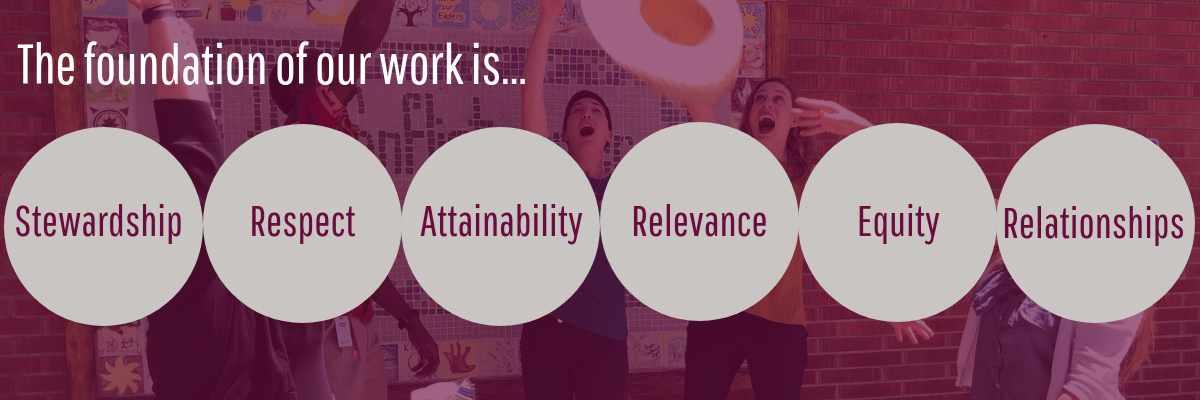For over 30 years, The Conflict Center has been providing programs to Denver and throughout Colorado. Through our youth and adult classes and conflict management workshops, we empower individuals to see and use conflict as an opportunity to grow, learn, and create positive change in their lives. We partner with schools to foster a community of inclusion, where students feel safe to be themselves. We shift school culture to build nurturing, positive relationships, and to implement a restorative culture where students are held accountable within the school community, making punitive discipline the exception rather than the norm. At The Conflict Center, we believe that all of us are capable of and responsible for building healthy relationships in our homes, schools, congregations, workplaces, and communities.
Commitment to Inclusivity
In keeping with our values, The Conflict Center is committed to inclusion and equity and to social justice in the elimination of organizational structures and actions that oppress, exclude, limit, or discriminate on the basis of race, color, religion, creed, sex, national origin, ancestry, age, status as an officer or enlisted members of the military forces, veteran status, disability, genetic information, sexual orientation, gender identity, family status, or any other characteristic protected by law. TCC defines low-income life experience as struggling with stable housing, struggling to secure reliable employment and/or utilizing some form of government or social assistance. We welcome all who share our mission and vision. We are committed to providing our services to all people where individual differences are respected and valued.
Conflict Center Position Statements
